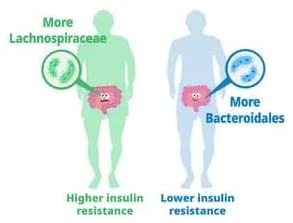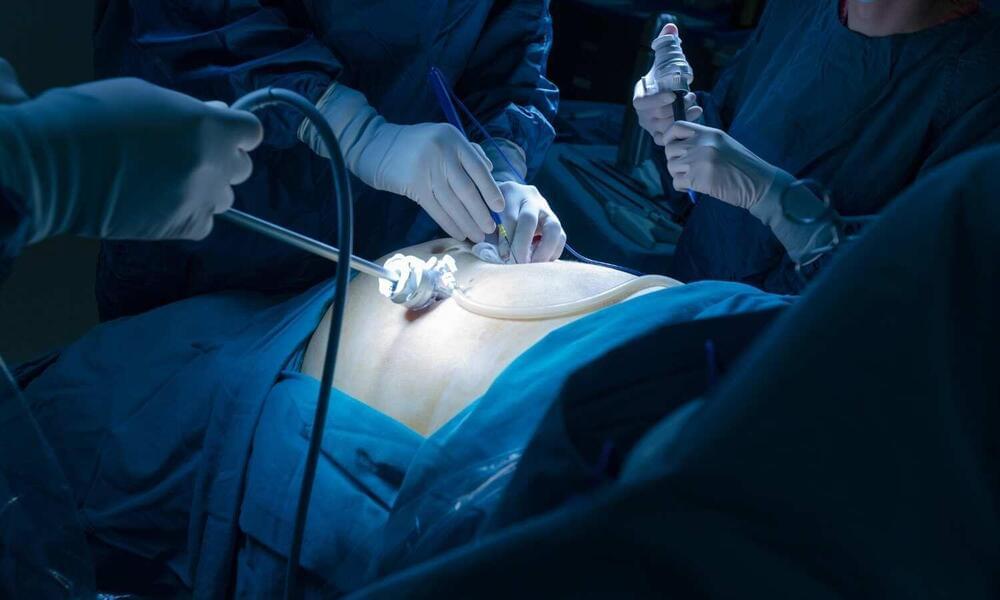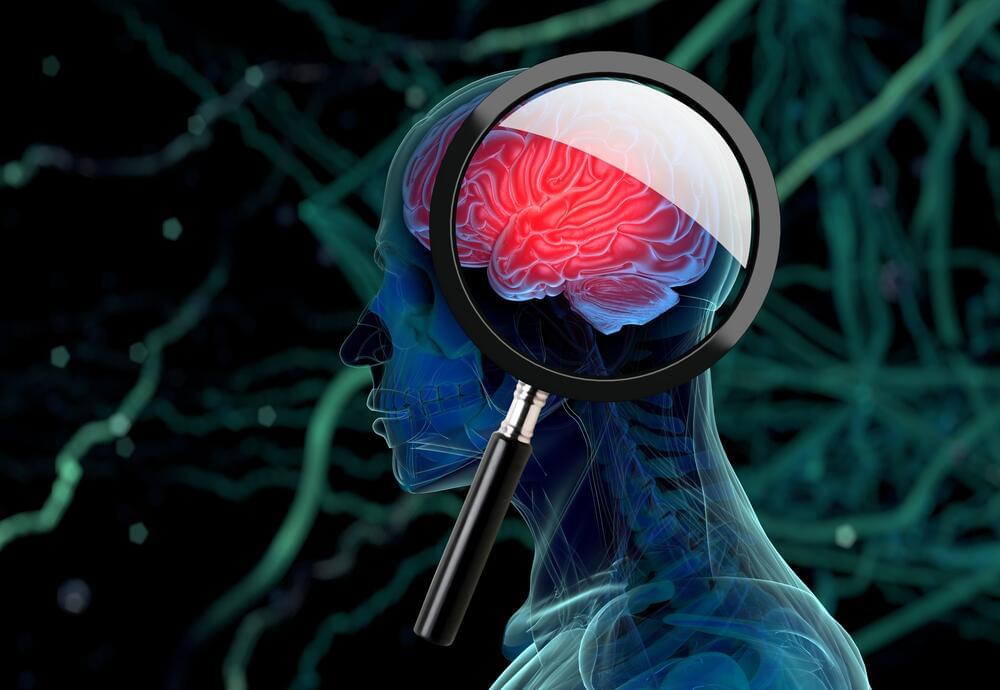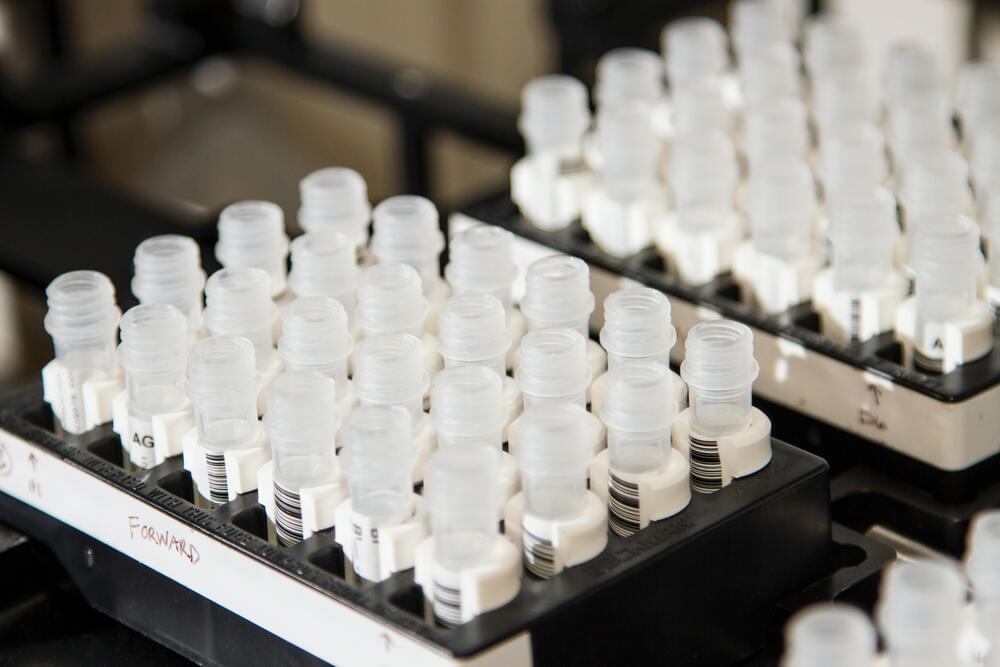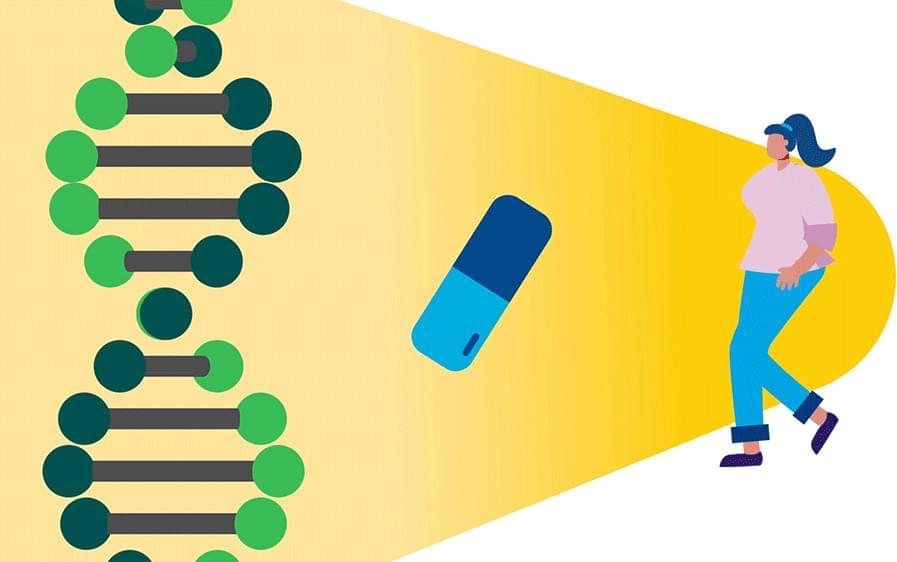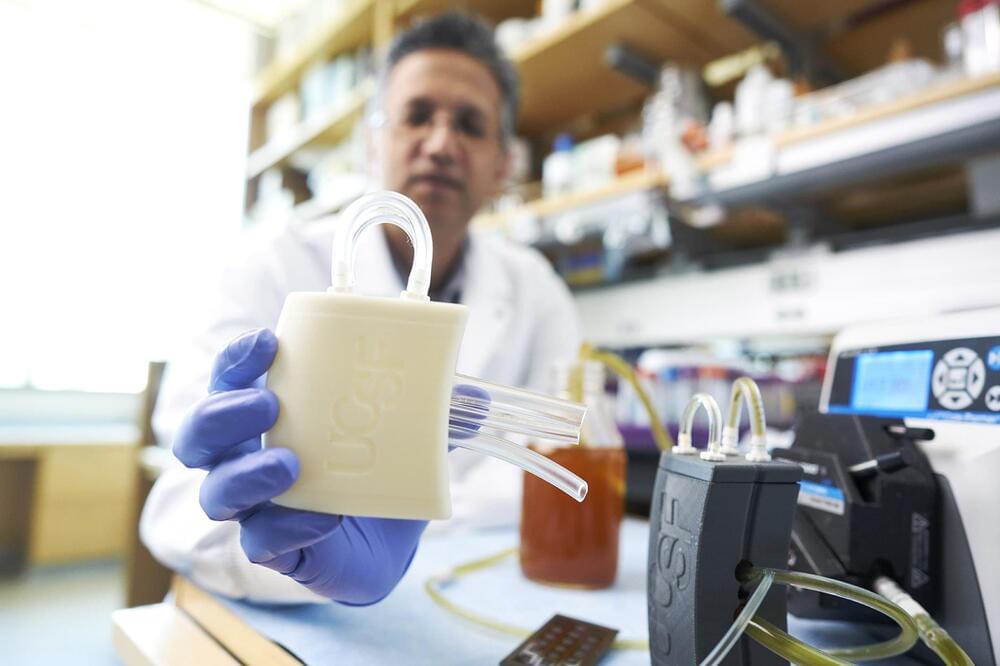Sep 1, 2023
Harvard/MIT Scientists Claim New “Chemical Cocktails” Can Reverse Aging
Posted by Shubham Ghosh Roy in categories: biotech/medical, chemistry, genetics, life extension
That’s why we were struck to see a team of scientists that includes researchers from the name-brand Harvard Medical School and Massachusetts Institute of Technology sounding off about what they say are promising new leads, published this month in the journal Aging.
“We identify six chemical cocktails, which, in less than a week and without compromising cellular identity, restore a youthful genome-wide transcript profile and reverse transcriptomic age,” reads the paper. “Thus, rejuvenation by age reversal can be achieved, not only by genetic, but also chemical means.”
Sounds big, right? The researchers claim they pinpointed six treatments that can reverse aging in cells and turn them into a more “youthful state,” according to a press release from Aging’s publisher, without causing dangerous unregulated cell growth.

